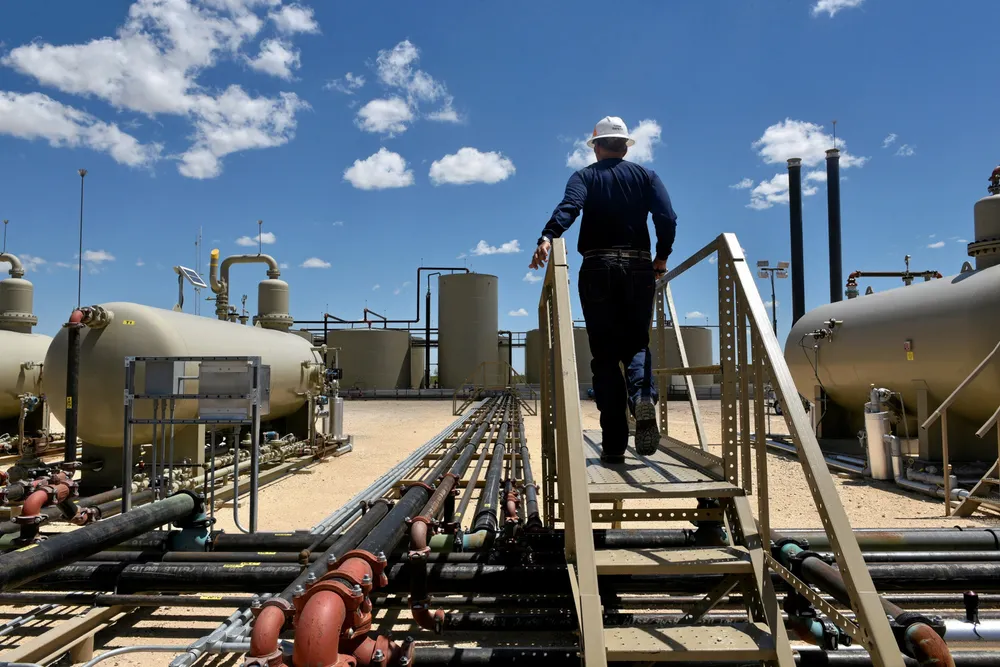Producers see opportunity in responsibly sourced gas
Certification companies step in to help US natural gas companies ensure their operations comply with ESG targets

Certification companies step in to help US natural gas companies ensure their operations comply with ESG targets
